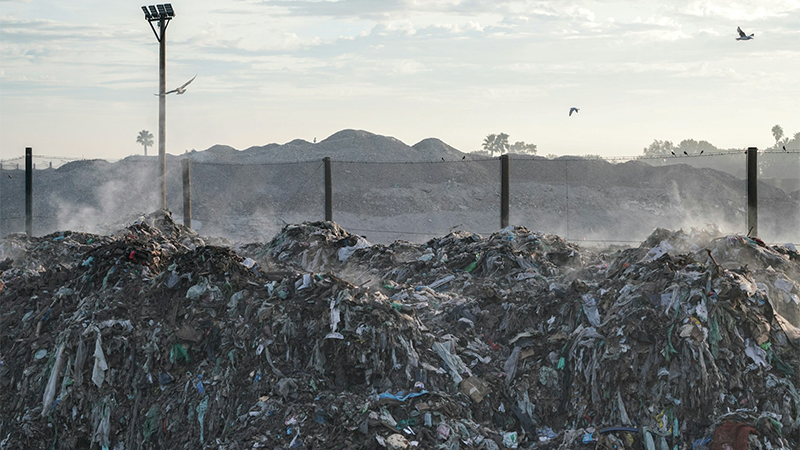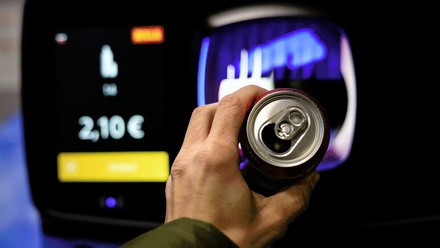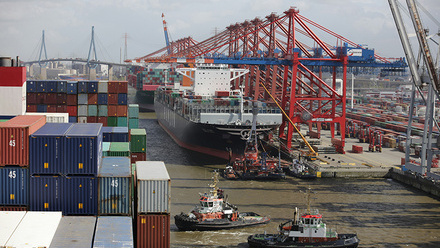From mixed waste to human therapeutics
Scientists from The University of Manchester, UK, have developed a process to transform complex mixed waste into sustainable biopolymers, including human therapeutics such as insulin, and bioplastics.

A Manchester Institute of Biotechnology study describes the method to convert mixed municipal waste-like fractions – including food scraps, plastics, and textiles – into valuable bio-products. This new approach could significantly reduce waste sent to landfills and cut greenhouse gas emissions.
The team utilised the bacterium Pseudomonas putida to process waste. This research offers a promising pathway toward achieving a circular economy.
Firstly, they pre-treated representative waste types via enzymatic hydrolysis, a process that breaks down the waste into monomers.
These monomers were then added to a bioreactor containing and engineered strain of Pseudomonas putida, which used them for metabolic activity and bioproduction.
A life cycle assessment revealed that the proposed approach could reduce the carbon footprint of waste management by up to 62% compared to traditional methods like landfill or incineration.
The study also found that this new process could be more cost-effective, with savings of up to 37% compared to current waste treatments.
To demonstrate the potential of this technology, the team focused on two products:
- Bioplastics: the bacteria produced polyhydroxyalkanoates (PHAs), a biodegradable alternative to petroleum-based plastics. These bioplastics are already used in applications ranging from food packaging to medical implants.
- Therapeutic proteins: the engineered bacteria successfully produced human insulin analogues used for treating diabetes, human interferon-alpha2a, a protein used in treatments for viral infections and some cancers, and a synthetic HEL4 nanobody.
These dual outputs highlight the versatility of the system, which could cater to both high-volume products like bioplastics and high-value applications such as pharmaceuticals.
As cities and nations grapple with growing waste volumes, this research offers a sustainable, scalable solution that not only addresses waste management but also contributes to climate change mitigation.







